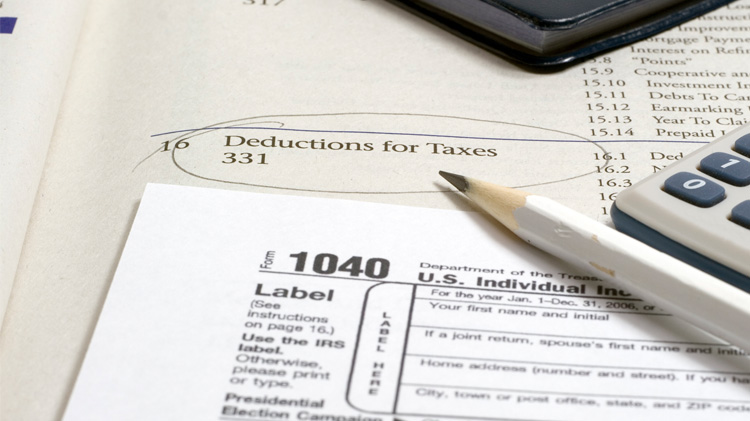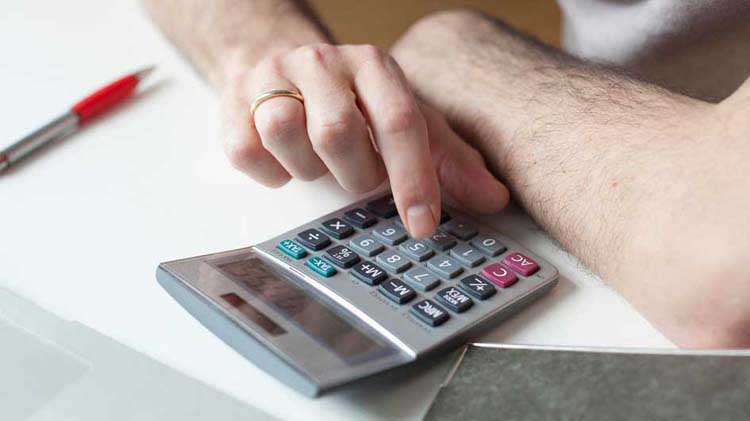Do your own taxes or hire a tax professional
Figuring out how to do your own taxes can seem complicated, but the alternative of hiring a pro can be costly. Here's some help deciding.
When it comes to tax preparation, it is good to know your options. Efile.com states that in 2020 (for 2019 taxes), over 71 million taxpayers prepared and efiled their tax returns. The IRS offers several tax season tips and ideas to get you started. Many Americans choose to turn to a tax professional for help. The decision to file yourself or get assistance may depend on your circumstances, time and budget. Here are some questions to consider that may help you decide.
1. How complex is your financial situation?
Doing your taxes is simplest when you don't have complex forms to fill out. For example, if you take the standard deduction and your income sources are straightforward, you may be able to do your taxes on your own. Low-cost software can also guide you through how to do your own taxes.
Be aware that software can walk you through filing a return, but it can't give advice. As the complexity of your financial situation increases, including questions about income, capital gains and more, you may want to reduce uncertainty (and the time you need) by enlisting a tax professional's help, especially so you don't miss out on possible deductions.
An experienced tax preparer can help answer those types of questions and help you itemize or claim everything. Claiming a standard deduction may not always be the best for you financially.
2. How much time do you have?
Filing your own taxes will save you money, but you may also want to consider what your time is worth. Completing a Form 1040 and other forms can be time consuming when you have to deal with record keeping or state filings.
Whether you prepare them yourself or hire out your taxes, you can help minimize your stress by preparing early and planning ahead.
3. How much are you willing to spend?
There are costs to doing your taxes yourself — your time, any software you may use and mistakes you may make that could end up resulting in fees and fines. Popular tax software or online programs typically cost $25 to $120, plus a bit more for state filing, depending on the type of return. If your adjusted gross income is less than $72,000, you can use the IRS' Free File to prepare and file your taxes at no cost.
Paying a tax professional relieves you of the burden of investing time, but it still has a cost. According to Investopedia, the average fee for hiring a tax professional is $146 - $457, depending on the type of work done.
How to choose a tax preparer
There are several qualities to look for with any financial professional. The IRS has provided tips to help you select a tax preparer.
Ask anyone you hire how they will protect your data, especially if they file an electronic return. Also, investigate if they can and would represent you before the IRS in the case of an audit. Remember: Even if they sign off on your return and help with an audit, generally liability ultimately falls on the taxpayer, not the professional.
Tip: Are you among the 74% of Americans who get a tax refund? Here are smart ways to put that money to use. Be sure to look over other articles State Farm® offers to assist you with your budget planning.




